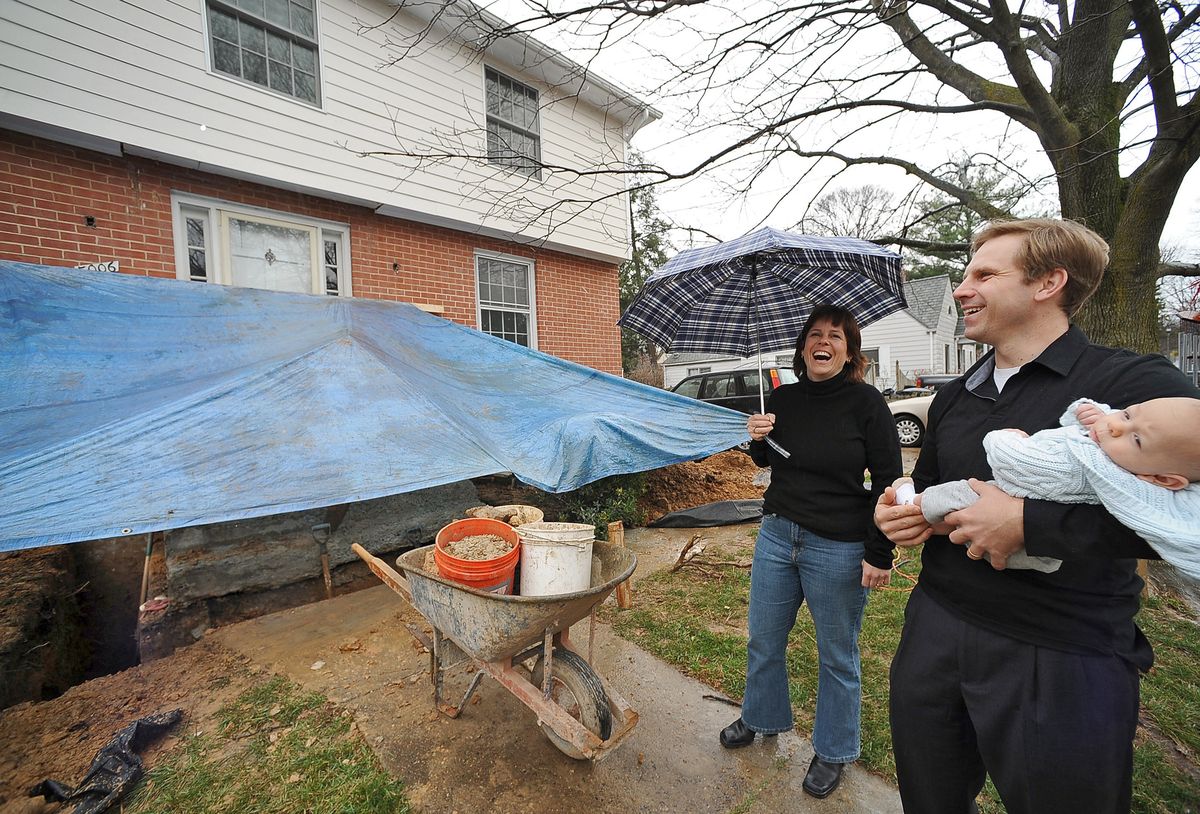Proud shoppers take no shame in spending

WASHINGTON – Alexa Choi did something recently that most Americans are avoiding: She spent money. Lots of it.
On Christmas Eve, Choi went to a BMW dealer and bought a black 2009 sedan. Her mother’s objections did not deter her. Nor did the fact that the value of her investments had shrunk by 40 percent. And that $48,000 price tag? No sweat.
“At the end of the day, I knew exactly what I wanted,” said Choi, 31, manager of a suburban technology company. “I needed the car, I had the money. So why not?”
While millions of Americans are losing their jobs and tens of millions more are hoarding cash, a small segment is spending freely, relying on steady incomes to buy clothes, finance European jaunts and renovate homes. A Washington Post-ABC News poll last month found that 3 percent of the population is spending more than usual.
Some shoppers are paying full price because they feel financially secure. Others are taking advantage of steep discounts. “It’s like `Let’s Make a Deal’ for the consumer,” said Marshal Cohen, a New York-based retail analyst. “If you have the money, now is the perfect time to buy.”
A number of shoppers say they are conflicted about parting with their cash as their investments evaporate. And many are wary of being conspicuous about consumption at a time when people are suffering.
“Even the wealthy who haven’t abandoned their spending culture are looking for ways to mask their spending,” Cohen said. “They’ll go into Fifth Avenue boutiques and ask for generic bags, so they’re not carrying a Tiffany bag when they leave.”
The discounts brought Lloyd Carter, 44, into the previously unexplored world of shopping malls. During the economic boom, Carter, who works at the Library of Congress, envied people who bought grand homes and fancy cars, while he stuck with his 1996 Jeep Cherokee and stayed in his modest suburban Maryland town house. Now, Carter said, he feels vindicated when he sees foreclosure signs. And on weekends, he has found himself taking advantage of generous markdowns in department stores.
“I can buy what I want,” said Carter, holding a $66 shirt marked down to $7.99 at a suburban Macy’s. He ended up with two shirts, two sweaters and pants for $49.30, well below the $200 list price.
During the boom that preceded the recession, Americans went on a prolonged spending binge fueled by easy credit, tapping home equity and credit cards to pay for luxuries. But as Wall Street and the housing market collapsed, consumer spending stalled. According to the U.S. Bureau of Economic Analysis, Americans saved virtually none of their disposable income for most of the decade. But in January, the savings rate had risen to about 5 percent.
The Washington region has fared better than most parts of the country, in part because the federal government is its largest employer and joblessness is relatively low.
Laura London and Joseph Dennis – she’s a real estate consultant, he’s an aerospace engineer – have decided that now is the time for a $45,000 facelift to the entrance of their five-bedroom colonial in Arlington, an investment they’re sure they’ll recoup if they ever sell. A primary reason, said London, 40, the mother of three children, is that they’re tired of looking at their “decrepit, ugly” stoop.
“Maybe if we’re in the Great Depression, we’ll wish we hadn’t, but I don’t think it’s going there,” she said.
Choi is aware she might expose herself to ridicule by speaking of her BMW purchase, as well as the cost of the purple Versace coat she was wearing on a recent afternoon.
“This is bad – ‘the Asian Paris Hilton,’ ” she said, imagining how people might view her. Yet Choi, whose mother worked as a seamstress and father as a home builder, said her purchase is the kind of help the country needs now.
“It’s our duty to contribute to the economy,” she said. “People should feel confident. You go through bad times; it’s a greening process, like forest fires or a drought. It’s a natural process, so bigger things can form.”
After her previous BMW was wrecked in October, Choi spent several months shopping for a higher-end replacement, bargaining with dealers until she got the right price. Some of her friends and relatives, she said, thought it “absurd” to spend nearly $50,000 “on something that would depreciate once you drove it out of the lot.”
But Choi said she had saved up and “I like to reward myself for that.”
“Unless you’re feeding me or giving me free rent,” she said, “you can’t criticize me.”